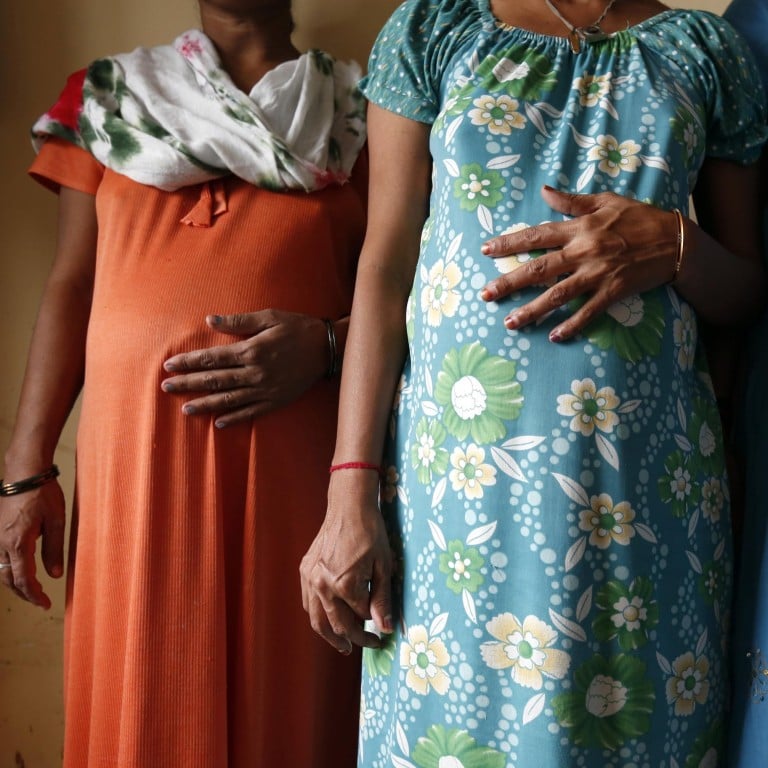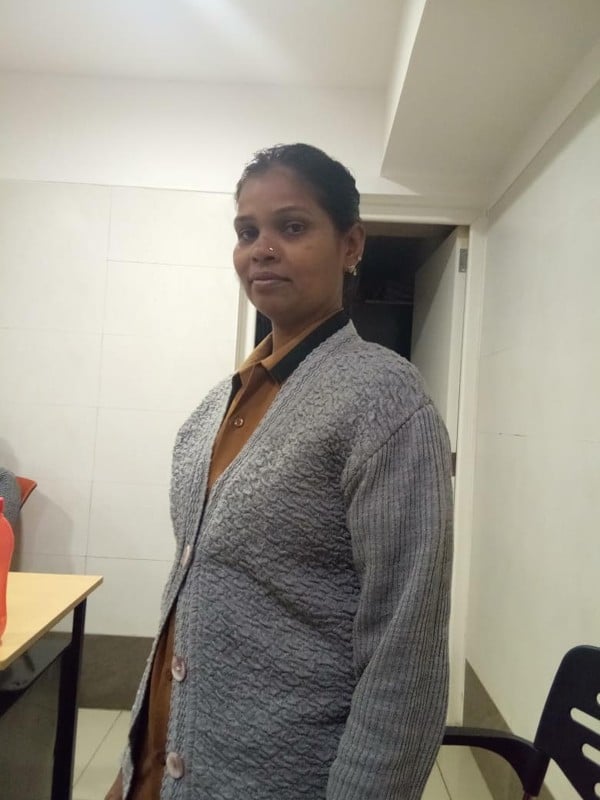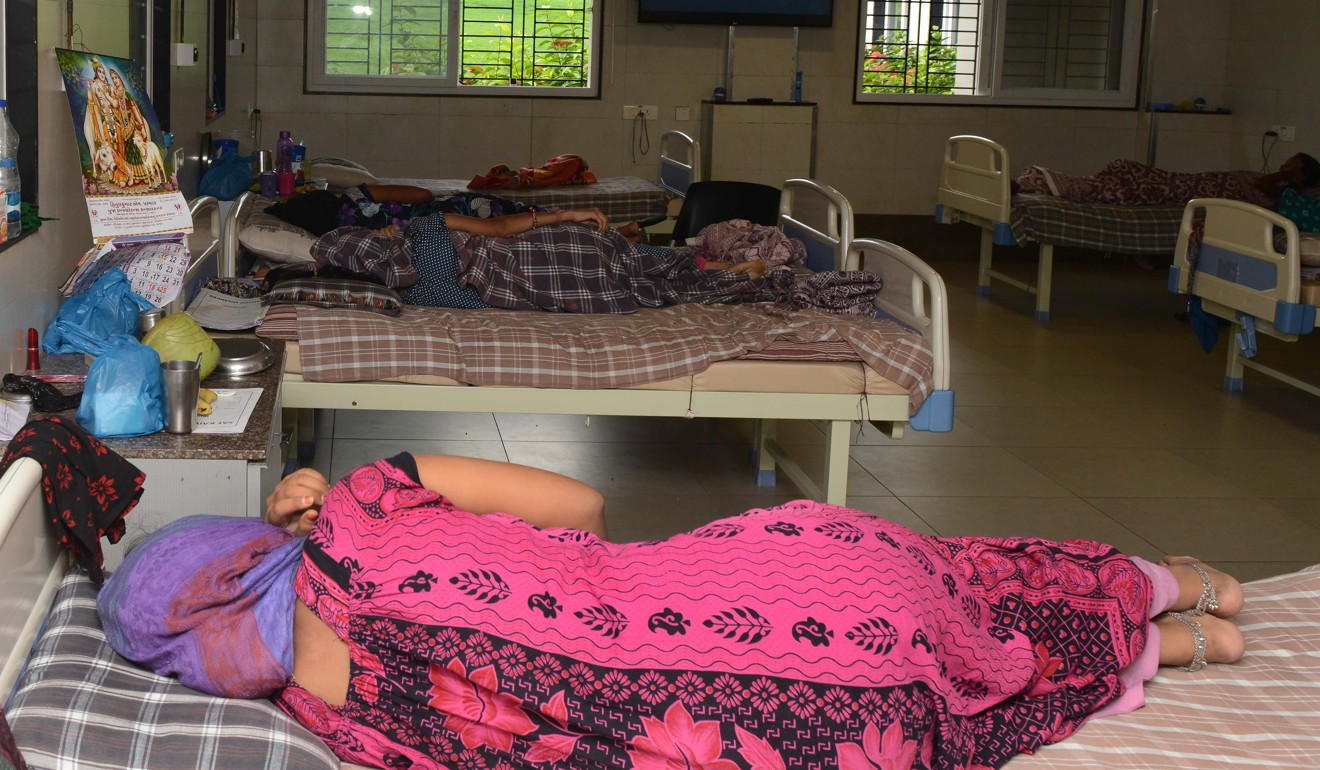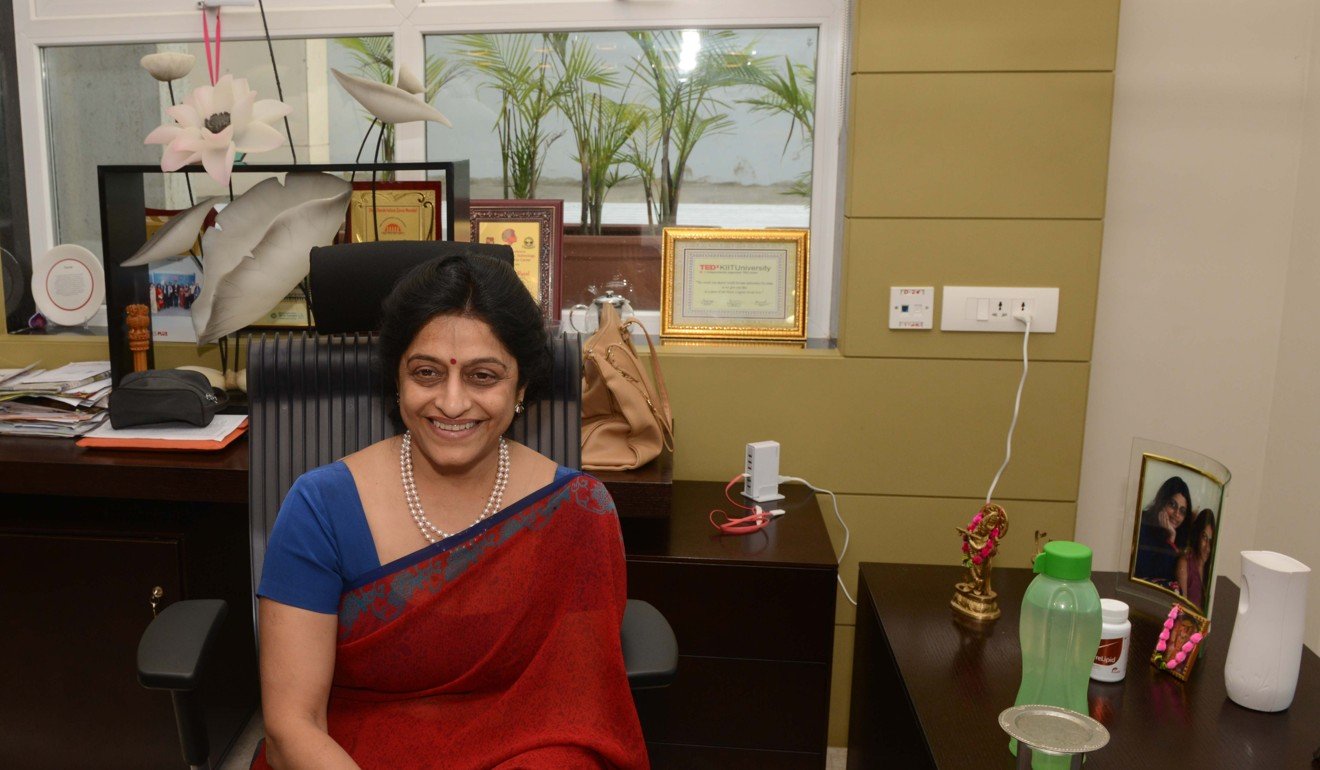
Baby ban: how India’s strict new surrogacy law is practically prohibition
- Commercial surrogacy has grown into a multibillion dollar industry, largely lacking regulation, since its legalisation in 2002
- But a new bill aimed at protecting women and ensuring children’s rights has been derided by critics as a ‘near-ban’
In India, commercial surrogacy is big business. A surrogate mother can earn anywhere between 400,000 and 1.2 million rupees (US$5,628-16,885) per birth, depending on the clinic she attends and its location, while the industry as a whole is worth billions of US dollars.
For women like Vandana, a 32-year-old from Gujarat who has two children of her own, surrogacy provides an annual income several times higher than what she previously earned as a domestic worker.
Yet strict new legislation passed last month by the lower house of India’s parliament, the Lok Sabha, aims to put an end to such lucrative work.
The bill, which has yet to be approved by the legislature’s upper house, only allows surrogacy for altruistic purposes. It makes no mention of what should happen to surrogate mothers who are already pregnant.
“I have no house of my own and no money for my children’s education,” said Vandana, whose medical expenses, insurance and accommodation costs were all covered by the prospective parents.
“My husband and family are happy as it brings [in] substantial money. I’ve even recommended my other family members to take up this option. Plus, I’m quite happy that I [can] lend a hand to someone to complete their own family.”

Federal health minister JP Nadda has called the new legislation “historic” and claims that there has been demand for it “from all sections of society”.
“The bill protects women from exploitation and ensures the rights of the child born through surrogacy,” he said during an hour-long debate on it in parliament.
But Dr Nayana Patel, a fertility expert who has helped deliver some 1,300 surrogate babies, questioned why the legislation was so strict and warned it could even start a trend of “reverse surrogacy”, whereby Indians are forced to go overseas in search of surrogates.
As demand from China fuels Cambodia’s ‘womb for rent’ industry, surrogate mothers fear the law
“We always wanted legislation to regulate [the industry] but the present bill looks like a near-ban,” she said.
“In my experience, the livelihoods of at least 80 to 95 per cent of surrogate mothers have vastly improved because of this option.”
After India legalised commercial surrogacy in 2002, thousands of fertility clinics began to open across the country.

The industry took a blow when foreign nationals were barred from using the country’s surrogacy services in 2015, but by some estimates it is still worth up to US$3 billion – although no official figures were available.
However, with no regulatory body, the system has been plagued by abuse, with media reports deriding the “rent a womb” services provided by shoddy clinics described as “baby factories” that do everything they can to attract potential customers – even offering cash back if the pregnancy is unsuccessful.
Surrogacy in Hong Kong: all you need to know about the risks and legal ramifications involved
In trying to clean up the industry, though, the government has gone too far, according to Flavia Agnes, a women’s rights lawyer and activist.
“I definitely think the government needs to regulate the industry but this legislation is wide and sweeping,” she said.
“Plus, I don’t think this bill will stand [up to] legal scrutiny.”
The bill only allows childless heterosexual Indian couples who have been legally married for at least five years and cannot conceive, to opt for surrogacy.

It prohibits live-in partners, same-sex couples, foreigners and single-parents from fostering a child using surrogacy services.
Surrogate mothers, meanwhile, must be aged 25 to 35, already have a child of their own and can only offer their services once.
They must also be a close relative of the couple, such as a sister or in-law.
Violators face up to 10 years imprisonment and a fine of up to one million rupees (US$14,066).
“In terms of public health policy, the whole idea of wanting to regulate a sector is to make it equitable and make it available to those who need it most. Instead, this bill closes the door on a lot of the population who deserve it,” said Dr Anant Bhan, an independent researcher on global health and policy, who hopes the bill will face closer scrutiny when it is considered by parliament’s upper house.
Hari G Ramasubramanian, who runs the Indian Surrogacy Law Centre advocacy group, cautioned that effectively banning surrogacy would only push the industry underground – especially given the rising infertility rate and social stigma attached to childlessness in India.
“When both demand [for children] and supply [of surrogate mothers] are high, how will you deal with it? The government places a near-total ban simply because it cannot manage the practice,” he said, adding that any regulation the bill does introduce is to be provided by a hodgepodge of state and federal-level authorities.
Authorities have indicated their hope of encouraging child adoption efforts through the new bill limiting surrogacy.
Only about 3,200 adoptions took place in India between April 2017 and March last year – a paltry figure for a country with a population fast approaching 1.4 billion.
But for activist Harish Iyer, the bigger concern is that the bill is “incredibly homophobic and discriminatory”.
“Women should be able to exercise their rights over their bodies. To belittle women and reduce a woman to a womb is not something which we should be doing,” he said.
“A woman should have rights to decide whether she wants to bear the child for herself or someone else.”

